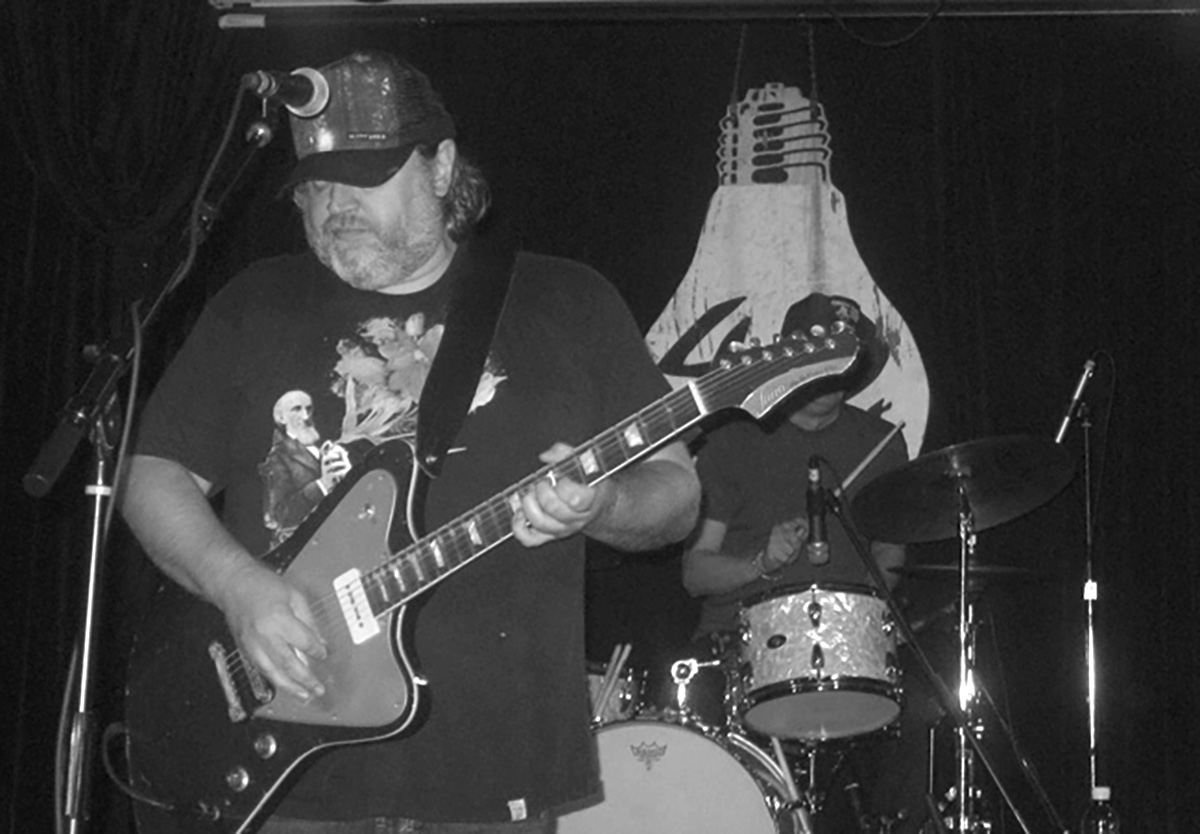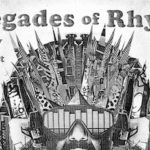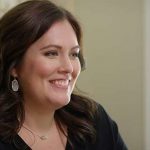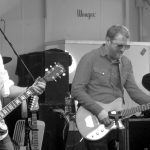Face it, Matthew Sweet goes to better birthday parties than you.
“I was at Sue’s birthday party” — that would be Susanna Hoffs, Bangles’ lead singer — “and Lindsey was there” — that would be Lindsey Buckingham, of Fleetwood Mac — “and we got to play Fleetwood Mac songs with him. We did “Go Your Own Way” and he did this amazing solo version of “Never Going Back Again”.”
(Pause).
“It was amazing.”
Amazing, yes, but for Sweet it was also work. At the time, Sweet and Hoffs were joining forces on Under The Covers Vol. 2, a collection of the duo’s favorite songs from the 1970s. Three years after the release of their highly-touted 1960s compilation, the pair wanted to ensure their second Covers effort had an added edge. Looking to record Fleetwood Mac’s “Second Hand News,” Sweet thought who better to play lead than the guy who wrote it.
“During the party I asked him if he would consider doing a lead part on our second Under the Covers,” Sweet said. “And he said sure. He just recorded it one morning on a little tube amp and just rocked it.”
Cake, good friends, California sunshine and jamming with musical legends. Pretty good work if you can get it.
Boasting more than 25 years as a working musician with 10 solo albums to his credit, Sweet still must work to “pay that mortgage” but can pick projects that please him the most. Producing a new album for the Bangles, he’s also talking up Covers, 16 songs comprised of classics (Yes’ “I’ve Seen All Good People: Your Move/All Good People”), deep tracks (Big Star’s “Back Of A Car”) and songs everyone knows by heart (Carly Simon’s “You’re So Vain”). Aside from Buckingham, he also enlisted Yes’ Steve Howe (“Yes were a huge formative influence for me, I learned to learn the bass on Yes songs,” Sweet said) for a project close to his heart.
“Both of us wanted to capture what was really cool about those original records because that’s what makes us excited,” Sweet said. “Other people do covers and feel like they need to reinvent the thing, and I understand that, but I have my own original music and so does Sue. We’re not so much about having a stake in it, we’re trying to glorify the music we love.”
Sweet’s been seeking those musical loves since the early 1980s, when as a high school student in Lincoln, Nebraska he wrote postcards to R.E.M. and pen palled with Let’s Active founder Mitch Easter. A chance encounter with a touring Athens band steered the Cornhusker toward the Classic City.
“Oh OK came to Lincoln and played a place called The Drumstick, there was like 100 people there, I had their 45 and I talked to them,” Sweet recalls. “That was a big deal to me, so I hooked up with those guys and eventually went to Athens.”
Sweet joined Oh OK, playing power-pop dance music, then went on to form Buzz of Delight before signing a development deal with Columbia Records in 1985. It was not the typical path of an Athens musician, and it soured Sweet with some around town.
“About the time I got the deal people said “You shouldn’t do that, you should go on tour and build an audience’,” Sweet said. “But I couldn’t deal with that. So much when you’re young is about the people you know and what’s cool and not cool. But I learned that goes away, and all that doesn’t matter. What matters is the music you made and what you learned.”
He learned plenty. His 1991 album Girlfriend, with its infectious guitars and top 10 title track, drew raves and a slew of fans. At the same time, he developed bonds with musicians — such as Richard Lloyd of Television and Ivan Julian of Richard Hell & the Voidoids — who became collaborators in the coming decades.
Last year Sweet released Sunshine Lies, playing with many of those same band mates, and he plans another solo album out this year. One aspect he relishes most is the technology which allows him to keep his musical ideas and projects in a small little box.
“I swear I gave interviews to people in the ’80s where I said ‘What I dream of is a box that’s small and makes perfect recordings and can do everything’ and that’s really what the computer became,” Sweet said. “I have a better outlook now than ever, I’m more confident and it’s clear to me that I can do music and I’ll keep being able to do so.”




